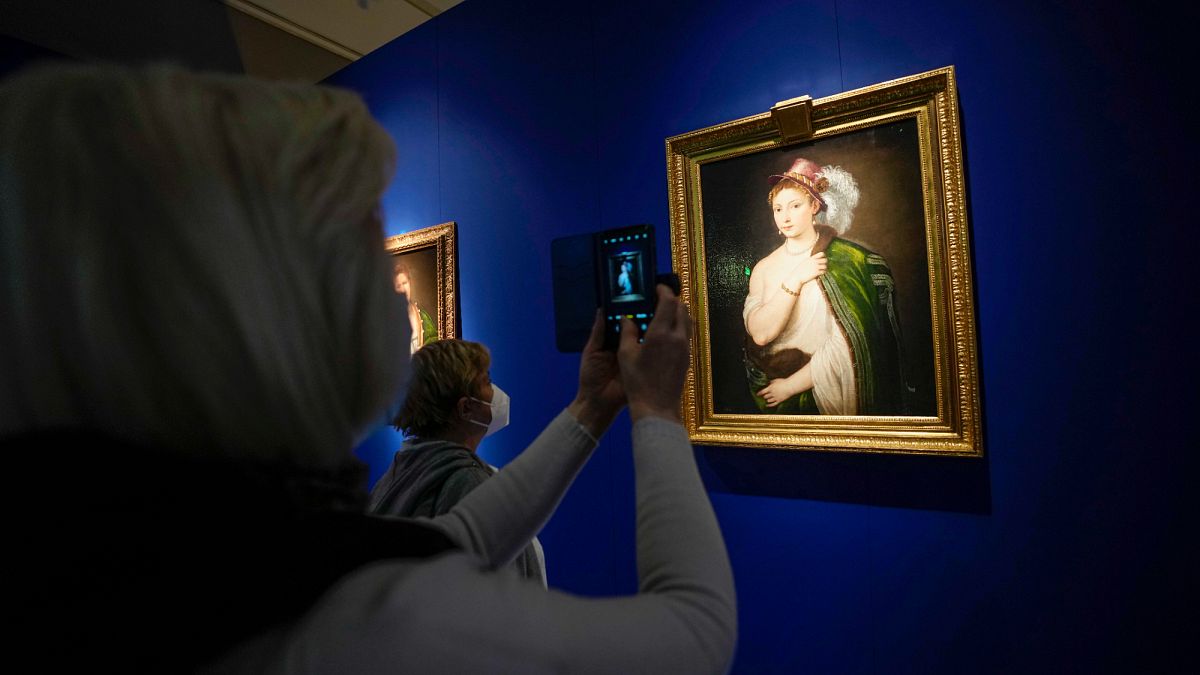

In a world that continues to evolve and reshape, recent developments have illuminated paths toward greater recognition, equality, and acceptance in various domains. From the correction of artistic misattributions to the uncovering of hidden gender disparities, and toward broader inclusivity within religious institutions, significant strides are being made, each contributing to a more understanding and equitable society.
In the realm of art and heritage, the Stolen Art Campaign spearheaded by the NGO Shadows Project is making waves by addressing the longstanding misattribution of Ukrainian artists in Western museums. For too long, the vibrant cultural contributions of Ukraine have been overshadowed by historical narratives that obscure their origins, often attributing these works to Russian influences instead. The campaign aims to set the record straight and shine a light on the unique identities of these artists, thereby confronting a form of cultural erasure that has persisted over time. This initiative not only seeks to restore the rightful heritage of Ukrainian creators but also raises broader questions about the ownership and recognition of cultural artifacts in global institutions.
Meanwhile, in the sphere of gender equality, new academic research has surfaced in the United Kingdom, revealing that the gender pay gap has been underestimated in official data for decades. According to recent findings, the actual gender pay gap is more than twice as pronounced as in neighboring France and Spain, and one percentage point higher than what is commonly reported. These revelations highlight the importance of rigorous, accurate data collection and analysis in identifying and addressing systemic disparities. By acknowledging the full extent of the gender gap, this research hopes to inspire more comprehensive policies and initiatives geared towards achieving genuine equality in the workplace.
As the art world and societal systems grapple with issues of recognition and equality, a noteworthy development is also unfolding within the realm of religion. A pioneering pilgrimage by LGBT Catholics to the Vatican has sparked hope for increased inclusivity within the Church. This event marks the first official Vatican pilgrimage dedicated to gay and trans individuals, aligned with a Jubilee Holy Year initiative. Participants of the pilgrimage express optimism that the Vatican will continue to embrace the spirit of inclusivity championed by Pope Francis. Such engagements suggest a gradual shift within religious institutions, where acceptance and dialogue have the potential to pave the way for a more inclusive future.
The convergence of these efforts highlights a growing awareness and willingness to address long-standing issues in various sectors. Whether through campaigns to reclaim cultural identity, advancing gender parity, or fostering inclusivity in religious domains, these initiatives represent significant movements toward creating a world that honors diversity, equity, and acceptance. As these efforts continue to unfold, they inspire hope and redefine pathways for future generations to build upon.
Source: {link}
